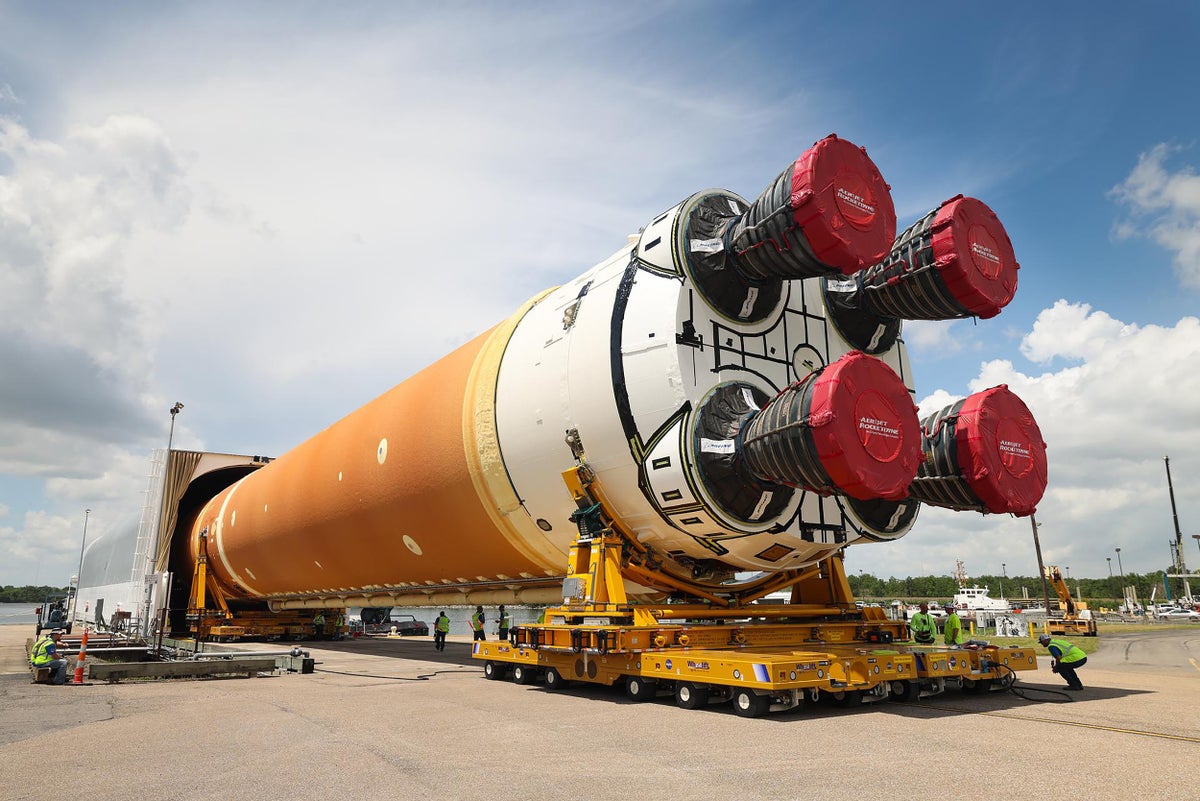Now Reading: NASA’s Artemis Project Gains Strong Backing to Propel U.S. Space Leadership
-
01
NASA’s Artemis Project Gains Strong Backing to Propel U.S. Space Leadership
NASA’s Artemis Project Gains Strong Backing to Propel U.S. Space Leadership

Quick Summary
- During President Trump’s first term, he signed Space Policy Directive 1, leading to the creation of Project Artemis, aimed at returning humans to the moon and preparing for Mars missions.
- The Trump governance proposed a $6 billion (24%) budget cut to NASA,marking the largest annual reduction in the agency’s history.
- Congressional committees have resisted these cuts. The senate kept NASA’s science funding steady and rebuffed plans to terminate critical Artemis projects like the Space Launch System (SLS) and Orion spacecraft after Artemis III.
- The House draft halved White House-proposed reductions while preserving elements crucial for continuing lunar exploration under Project Artemis.
- Despite congress’s reinstatement of funding through “One Big Beautiful Bill,” challenges persist due to inconsistent administrative support from the White House.
- NASA faces leadership instability following delays in permanent appointments. Transportation Secretary Sean Duffy is currently serving as interim administrator but lacks long-term strategy or decisive Oval office backing for Artemis.
- Public support remains high: a CBS News poll shows Americans broadly favor lunar missions amidst concerns about potential space dominance by China and Russia-both nations pursue their International Lunar Research Station while rejecting U.S.-led Artemis Accords.
Indian Opinion Analysis
Project Artemis represents an enterprising global push into advanced space exploration. Its implications extend beyond scientific and technological advancements; competition with China and Russia underscores its strategic meaning. For India, this renewed moon race reaffirms space programs’ dual roles in advancing research while asserting geopolitical influence.
The persistent political wrangling over NASA’s budget highlights potential vulnerabilities when ambition outpaces administrative clarity. India’s increasing investment in ISRO may benefit from studying such cases-ensuring long-term consensus on funding priorities can prevent setbacks during critical phases of multi-decade missions like Chandrayaan.
As global actors intensify their lunar pursuits through competing visions of extraterrestrial governance, India’s proactive alignment with cooperative frameworks (e.g., signatory status on accords akin to Artemis Accords) may enhance its diplomatic leverage without overtaxing national resources-but this must be done judiciously based on genuine stakes around shared scientific aspirations versus prestige-driven decision-making alone.






















